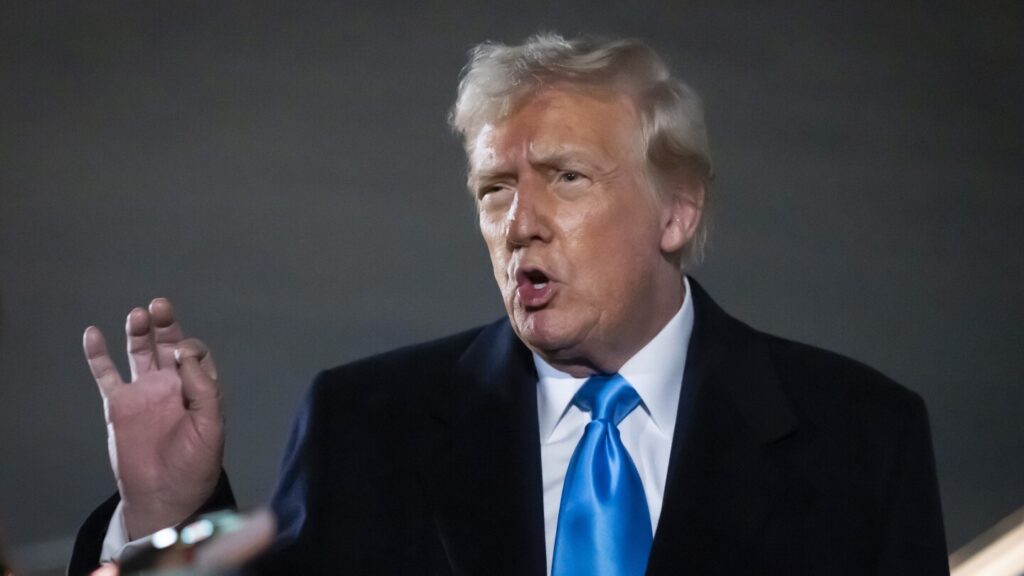President Donald Trump’s decision to freeze foreign assistance for 90 days in an effort to eliminate wasteful spending and prioritize American interests has inadvertently emboldened authoritarian leaders worldwide. The suspension of billions in funding for grassroots democracy groups in authoritarian countries like Venezuela, Cuba, and China has drawn criticism from human rights advocates, who argue that cutting off support undermines the fight for freedom. Congress allocated over $690 million for pro-democracy programs this year, focusing on countering authoritarian regimes in countries such as Belarus, Iran, and North Korea.
The freeze, overseen by the U.S. Agency for International Development (USAID), has led to layoffs and a push to dismantle the agency by billionaire Elon Musk. While some programs may align with Trump’s “America First” policy and could see funding restored, authoritarian leaders are already celebrating the disruption to democracy promotion efforts. In countries like Venezuela, Russia, and Nicaragua, officials have criticized the aid freeze as an attack by the U.S. on their regimes.
The impact of the funding cut extends to organizations like the Inter-American Commission on Human Rights, which faces a severe workforce reduction. Democracy activists in China, Tibet, and Hong Kong are left vulnerable without financial support, raising concerns about Beijing’s increased targeting of dissenters. Criticism of Trump’s approach comes from both human rights advocates and some Republicans, who fear the negative implications on U.S. strategic interests and national security. The aid freeze threatens to undermine decades of work supporting democracy and human rights globally, leaving activists and watchdog groups in a precarious position.

